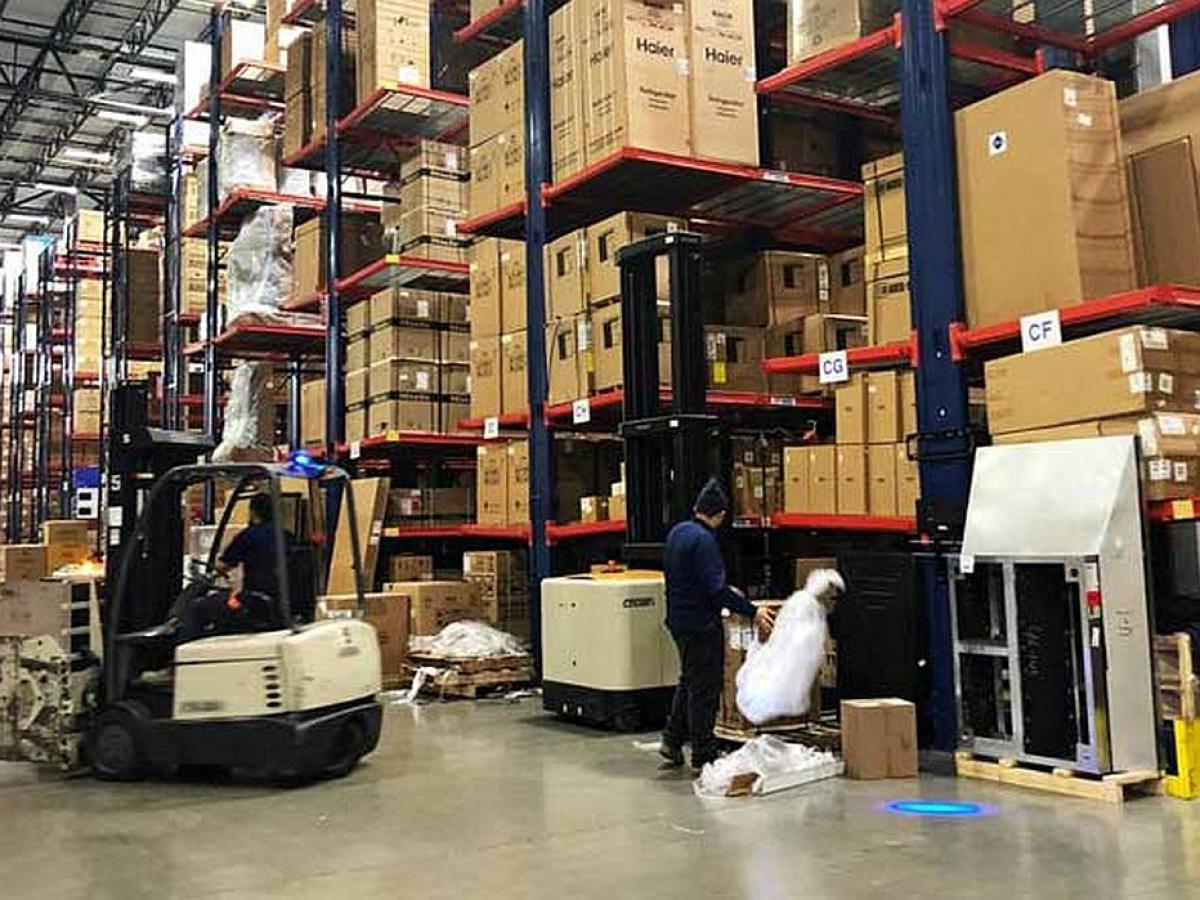New Delhi: Lack of proper road infrastructure, land availability for warehousing and skilled workforce shortages are some of the key challenges being faced by the logistics industry, according to experts.
Warehousing needs land availability in and around metropolitan cities as a pick-up in economic activities is creating demand for logistics, Assocham Secretary General Deepak Sood said.
Besides, the warehousing sector in India is highly fragmented, with many small and unorganised players, leading to inefficiencies, lack of standardisation, and limited scalability, he added.
The lack of proper road infrastructure and congestion causing delays impact the supply chain efficiency, Srikumar Krishnamurthy, Senior Vice President & Co-Group Head – Corporate Ratings, Icra Ltd, said.
Some of the near-term headwinds are the inability to increase freight rates amid competitive pressures, an inflationary environment and relatively sticky diesel prices, he noted.
BookMyCargo founder JD Yadav said the logistics industry is facing the issue of rising costs, skilled labour shortages, regulatory pressures, and supply chain disruptions.
These challenges are pushing logistics firms to balance cost management, workforce, and technology investment to maintain competitiveness.
“By working collaboratively with the government on these initiatives, the logistics industry can overcome its current challenges, ensuring a more resilient, efficient, and sustainable future,” he said.
Sharing his outlook on the logistics industry for H2 FY25, Sood said the second-half prospects should witness improvement over the first half as per our assessment. A surge in online retail, especially during the festive season, has significantly boosted last-mile delivery infrastructure.
Yadav said supply chain resilience will be a key focus, with companies diversifying suppliers and investing in flexible operations.
Technology adoption (automation, AI, IoT) will also increase to help counter rising labour costs and improve efficiency, he added.
Icra’s Krishnamurthy said the outlook for the sector continues to be stable, fuelled by various government measures and policies in favour of the sector, and the expectation of a stable demand outlook from varied segments like e-commerce, FMCG, retail, chemicals, pharmaceuticals, and industrial goods.




















